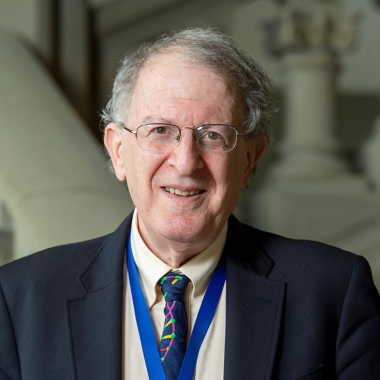Improving nutritional status is a key component of the United Nations’ 2015 Millennium Development Goals [«eradicate extreme poverty and hunger»; «reduce child mortality»; «improve maternal health»] and its 2030 Sustainable Development Goals [«end hunger, achieve food security»]. Historical analyses have emphasized how improved nutrition is a major contributor to economic growth and have underscored the synergism between physiologic improvements due to better nutrition and technical improvements (FOGEL 2004). The rapid expansion of our human population, the existential threat posed by climate change, and the linked need to produce nutritious foods in sustainable ways, highlights a central challenge for the 21st century: build knowledge and technologies needed to make and equitably distribute affordable foods that improve health status. Disappointingly, nutrition has been a neglected area of global health and development, with 88 countries set to miss global nutrition targets set for 2025 (World Health Organization (WHO) Global Nutrition Report, 2020). The COVID-19 pandemic has profoundly disrupted economies, health care delivery, food systems, and many other elements of societies. It has highlighted existing socioeconomic disparities and political complexities and has led to predictions that the global burden of poor nutrition will worsen for sustained periods of time unless new (interdisciplinary) approaches are developed, adopted, and implemented.
